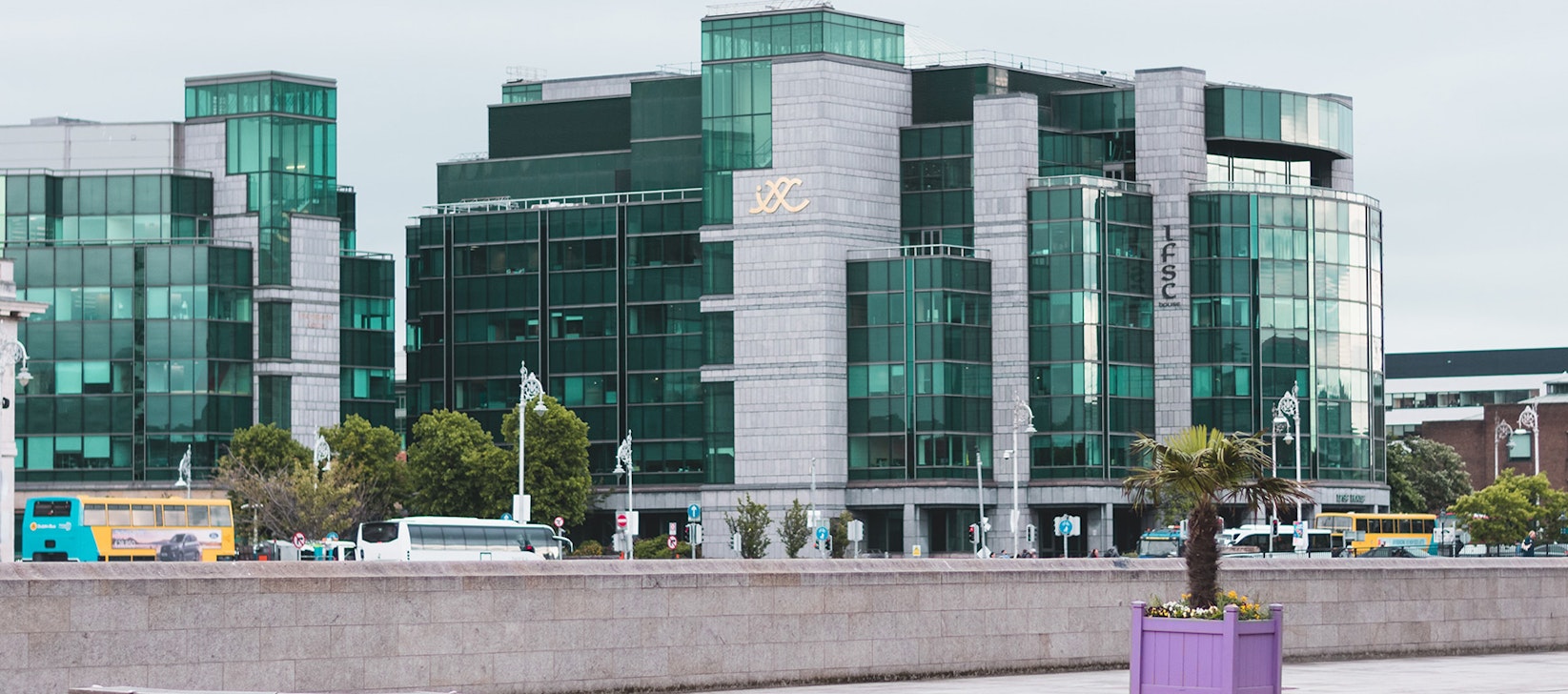Dublin’s job postings underperformance mirrors trends seen across many European capital cities, including London, Paris, Berlin, Madrid and Rome.
Indeed job postings data indicate that Dublin has experienced a slower hiring recovery than the rest of Ireland. In the early stages of the crisis, job postings fell sharply both in Dublin and elsewhere. Dublin recorded the steeper decline, bottoming out at 56% below the February 2020, pre-pandemic baseline, in early June. The nadir for Ireland excluding Dublin was 52% below the baseline.
Dublin has also seen a slower recovery. Despite steady gains over recent months, job postings in the Capital are still 31% below the pre-pandemic baseline, as of 19 February 2021. Across the rest of Ireland, the job postings gap has narrowed to just 11% below pre-crisis levels.
Dublin’s job postings underperformance mirrors trends we’ve seen across many European capital cities, including London, Paris, Berlin, Madrid and Rome. A key factor behind this is that levels of footfall in city centres have been much lower than usual. Large numbers of people have been working from home for many months, while there has been a coronavirus-related collapse of tourism and business travel. This has had a knock-on impact on face-to-face services jobs
Sectors most directly impacted by Covid-19 restrictions, like hospitality, food service and beauty & wellness, have borne the brunt. Spending on those services has been decimated in city centres, leading to far fewer job opportunities at city-centre retailers, restaurants and entertainment establishments. These are relatively labour intensive sectors, so falls in business activity have had a big impact on overall job posting volumes.
Covid-19 restrictions has had less direct impact on the higher skilled end of the labour market. Many jobs in sectors important to the Dublin economy, such as tech, finance and law, can be done remotely. But high levels of uncertainty have dampened hiring nonetheless – these types of jobs are more time consuming and expensive to fill and costlier to reverse in the event of a downturn. There hasn’t been sufficient strength in professional hiring to fully compensate for the weakness in local services jobs in Dublin, when assessing overall vacancy levels.
One theme that will be interesting to watch beyond the pandemic is whether some of those customer facing jobs permanently disappear or move somewhere else. The move to remote work is greater and more persistent in larger cities than in other places and may be long-lasting. That could impact spending patterns and lead to some reallocation of work away from city centres and towards suburban areas, suggesting a difficult adjustment period for some urban workers. Policy may need to prioritise adult learning, career guidance and digital skills to help workers navigate the pandemic’s wrenching changes.
But while there are likely to be some changes in the labour market, Dublin will bounce back. Once restrictions are lifted, people will want to enjoy the culture and amenities they did before the pandemic, which will mean many more job opportunities in the hardest hit sectors than are available at present.





